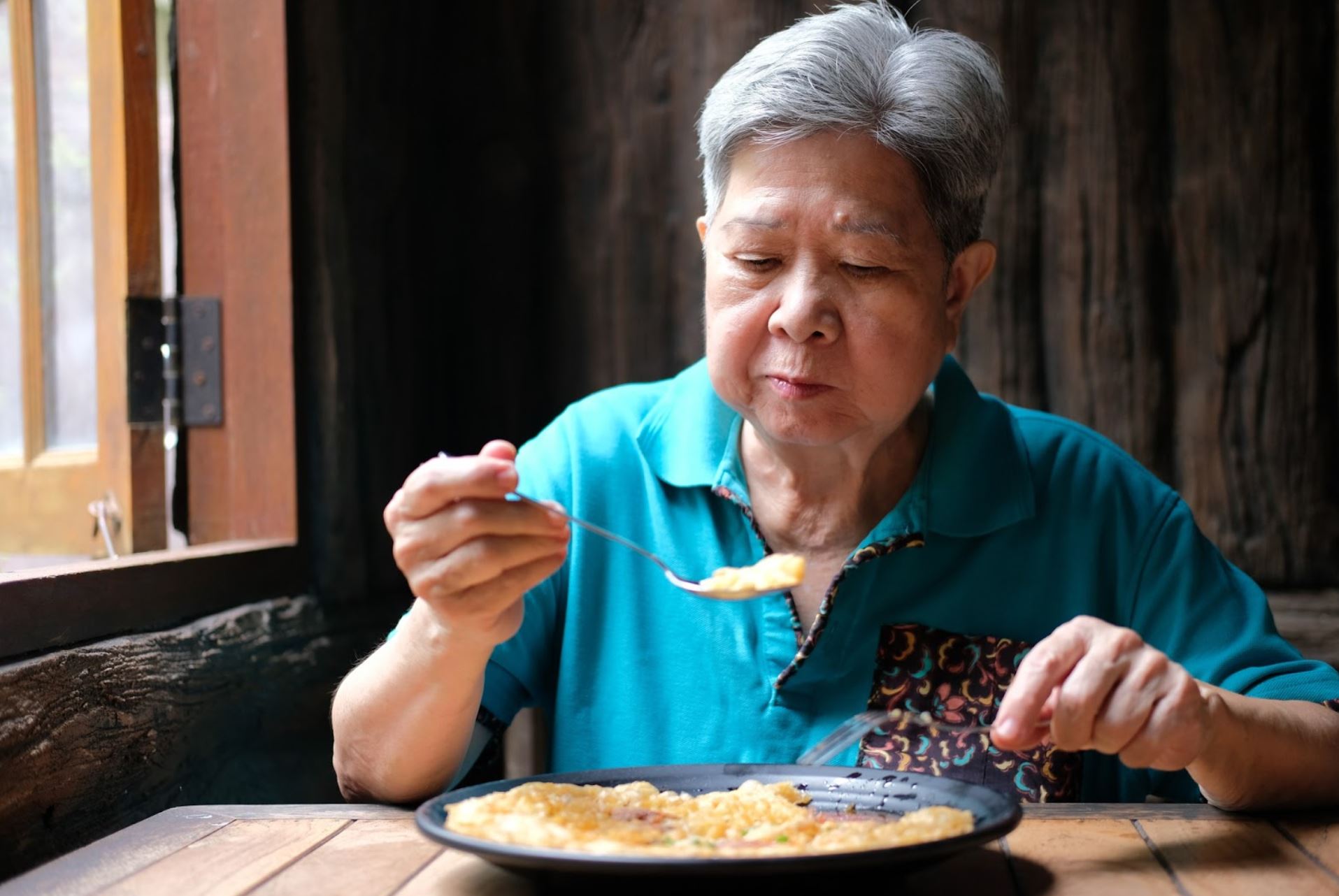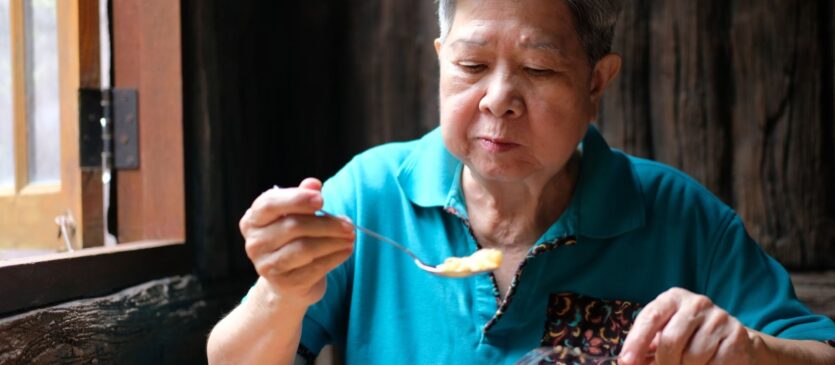There is such a thing called hidden hunger and it’s prevalent in seniors who suffer malnutrition.
Imagine being hungry and not getting the food that you need. And imaging not being able to get it. That is hidden hunger. And it is causing malnutrition among the elderly.

What is Malnutrition?
Malnutrition is a condition that happens when your body doesn’t receive the nutrients and fuel it needs to function properly. There are two ways that malnutrition can occur. One is when a person is not eating enough food and two, when a person eats food that doesn’t provide enough nutrition.
For elderly people, this can also happen.
We have to understand that not all food is created equal. Some food may make us feel full or it may satisfy a craving, but it doesn’t necessarily mean that it’s giving us the right amount of nutrients we need in a day. There are also food that may be little, but pack a lot of the nutrients that we need.
This can be the same for elderly people also, who may develop a changing diet as they age and grapple with different conditions. Therefore, it’s important to assess their diet and see if they’re getting the right amount of nutrients that they truly need.
Causes of Malnutrition in the Elderly
For elderly people, there are three common causes why they have malnutrition. Let’s take a look at them:
- Difficulty getting the right food. One of the most common reasons of malnutrition, and not just for the elderly, has to do with economics. Some people may be struggling with a limited income and are not able to afford enough food. Elderly people may have different nutritional needs that can’t be met with the current income of the household. They many not be able to afford food like vegetables and fruits that can provide them the best nutrition.
- Physical health issues. Aging can cause many issues that make getting them healthy food more difficult. Some of these issues are:
- Deteriorating dental health
- Changes in sense of smell and taste
- Loss of appetite
- Trouble swallowing and/or chewing
- Difficulty feeding one’s self
- A condition that makes it difficult for them to properly digest their food or absorb nutrition from their food
- Difficulty preparing their food
- Difficulty feeding themselves
- Forgetting to buy groceries
- Inability or difficulty preparing adequate food
- Medications
- Not knowing what to eat based on the diet prescribed to them
- Drinking too much alcohol
- Making poor food decisions
- Mental health issues. A senior who lives alone may have trouble preparing their own food. They may feel lonely or may struggle with depression. They may have poor appetite or just altogether refuse to feed themselves properly. Aside from this, they may have an inability to connect with their loved ones or friends and may therefore feel isolated. They may also lose interest in food due to the fact that they may be eating alone and lose enjoyment associated with meals.
Spotting Malnutrition in Seniors
Malnutrition may be more common in seniors. However, we may not know it well because of their condition. This is why it’s important to observe their eating habits and be on the lookout for the signs of malnutrition:
- Lack of energy
- Frequent illnesses
- Difficulty focusing
- Difficulty remembering things
- Dry, cracked skin and slow healing of wounds and bruises
- Trouble chewing and swallowing
- Unplanned weight loss
- Clothes that don’t fit the way they used to
- Muscle weakness
- Falls
- Getting dizzy or lightheaded
- Not remembering what they last ate or when
It’s important to note that some of these signs may be due to other illnesses, so it’s always best to consult with a physician.
How to Promote Health Nutrition for Seniors
By understanding the needs of your elderly loved ones, you can find a way to work with them and promote healthy nutrition.
- If they’re having a hard time picking and preparing healthy food:
- Offer to do their groceries
- Help prepare their meals ahead of time
- Plan meals for them
- Remind them to eat on time and to eat healthy food
- Prepare for them healthy snacks that they can quickly grab and eat any time
- If they’re having trouble eating
- Talk to their doctor on how to improve their appetite
- Talk to their doctor about supplements or shakes
- Offer helping them with exercises or physical activities that may improve their appetite
- Prepare food that are easy for them to consume
- Find out if the have differences in their sense of taste and smell and perhaps add more flavor to their foods
- If their mental health condition affects their appetite or nutrition
- Talk to your elderly loved ones about your concerns
- Talk to a psychologist or offer for them to speak with one
- Make it a point to avoid making them feel lonely or isolated
- Offer to visit often and bring them meals
- Accompany them in meals even through video calls
- Bring them food that they will most likely eat or provide healthier alternatives
- Make sure they are looked out for by a trusted family member or a caregiver
All these can be overwhelming for your elderly loved ones and for you too, but that doesn’t mean it’s impossible. It takes planning and consistency. Furthermore, you can get help from facilities like ours at Blessed Home. We provide healthy meals and will make sure they eat regularly and are healthy.
Talk to us to learn more.


Recent Comments